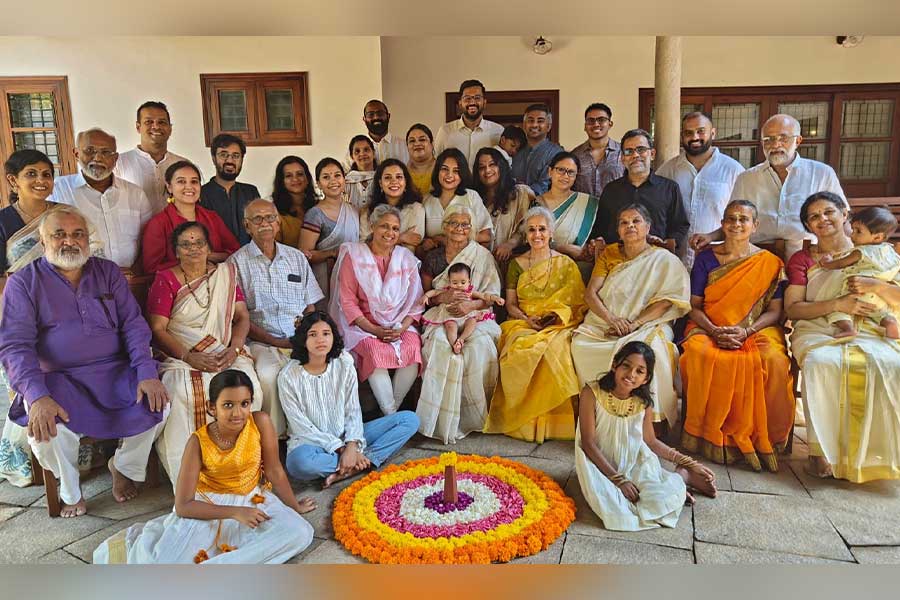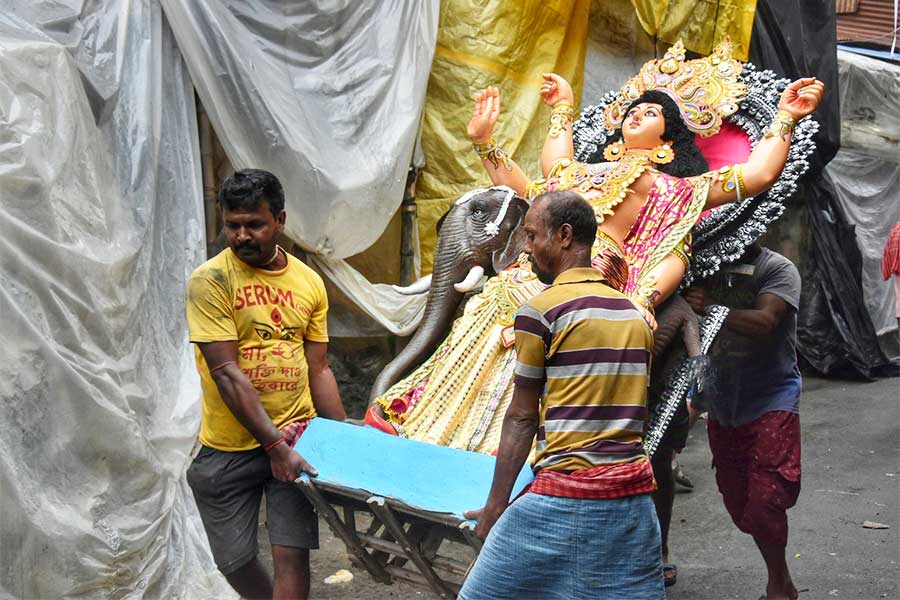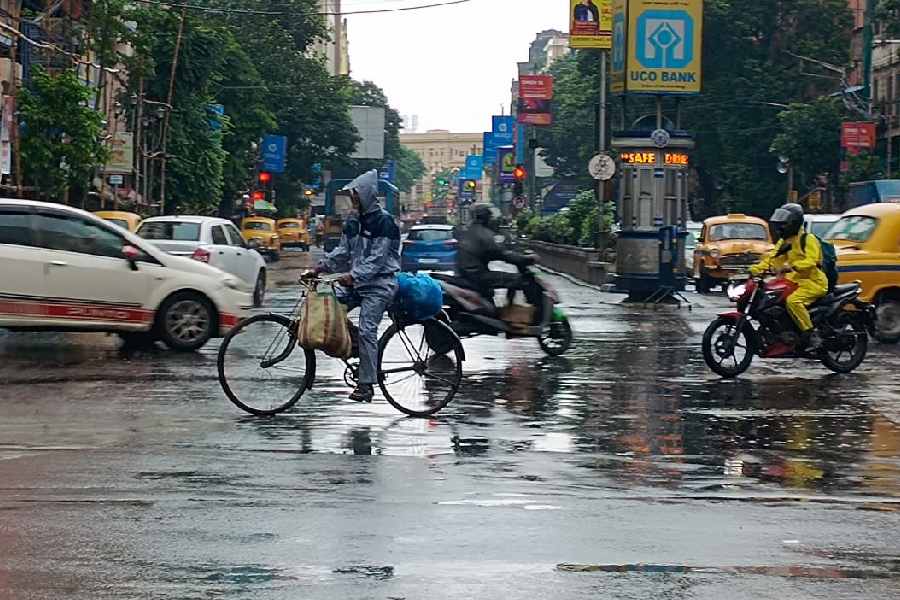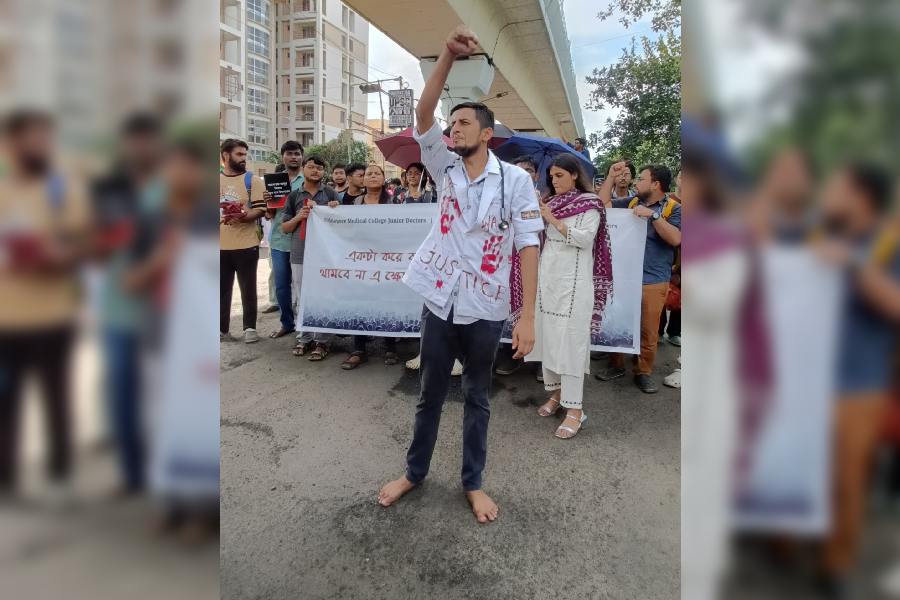 Monday, 16 September 2024
Monday, 16 September 2024
 Monday, 16 September 2024
Monday, 16 September 2024
Another athlete. Another woman. Another victim of violence. This time, it’s not India that’s making headlines, but Kenya.
Rebecca Cheptegei, a Ugandan marathon runner, was a rising star in athletics. She represented Uganda in multiple international marathons, with a promising future ahead. 33-year-old Cheptegei had competed in the Paris Olympics and had been training for upcoming events.
On Thursday, Cheptegei’s boyfriend, enraged over a land dispute, poured petrol over her and set her ablaze. She suffered 75% burns and her organs failed, leading to her death.
Cheptegei’s story is a reflection of how far we are from ensuring women's safety—no matter the country, no matter the continent, no matter the profession.
In the past few weeks, India has erupted in protests following multiple cases of rape and murder. The RG Kar trainee doctor rape and murder case, among others, has sparked national outrage. The narrative is consistent in all cases. Violence against women isn’t an Indian problem. It's a human problem.
A cross-continental crisis
The parallels between Cheptegei’s case and the recent tragedies in India are striking. Both countries fought for their freedom from colonial rule, have a rich history, and a vibrant culture. Yet, for all their strengths, neither can claim victory over gender-based violence.
In India, it's the seminar hall of a city-based, government-run hospital that turns into hell for a woman. In Kenya, it's a rural training camp where an Olympic dream turned into a nightmare. Different geographies, but similar story. Women becoming victims of brutality—often at the hands of those they trust and at places that they should feel safe.
Kenya’s track record isn’t much different from India’s. In India, 80-90 rape cases are registered daily, according to the National Crime Records Bureau. In Kenya, 15 women are raped daily, as per reports .
The fragility of progress
Despite decades of activism, legislation, and movements like #MeToo, gender-based violence continues to haunt both nations. The disturbing trend of violence against female athletes, as seen in Kenya, mirrors the plight of many Indian women who dare to dream big in their life.
In Kenya, it's not just Cheptegei. In 2021, Olympian Agnes Tirop was found stabbed to death, allegedly by her husband. She, too, was a beacon of hope in a country that prides itself on its athletic prowess. In India, similar tales of young women with bright futures being cut short are all too common. A UN report says that approximately one third of female athletes in India experienced sexual abuse, harassment or inappropriate behaviour by a male coach. The message is clear: success and fame offer no shield against gender-based violence.
Beyond borders: A shared responsibility
India and Kenya can learn from each other. The establishment of initiatives like Tirop’s Angels, an NGO fighting gender-based violence in Kenya, should inspire similar efforts in India.
These organisations don’t just raise awareness; they work on the ground, providing support to victims and pushing for legal reforms. In India, efforts like these need to be amplified, funded, and given the attention they deserve.
This is not just a women’s issue, it’s an issue that transcends race, nationality, and socioeconomic status.







